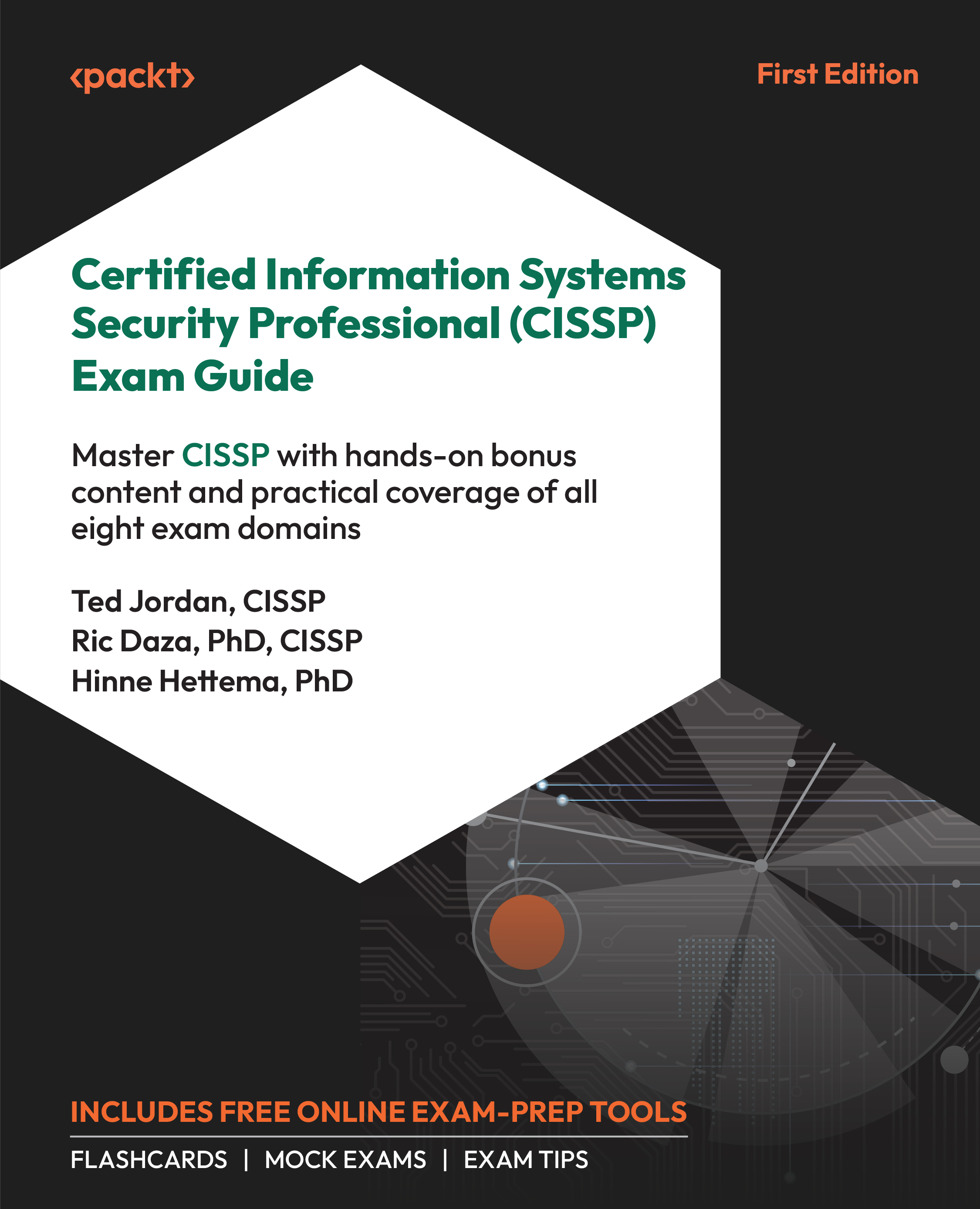The Need for CISSPs
One of the challenges facing the cybersecurity profession is satisfying the necessity for qualified cybersecurity practitioners to meet the demand. According to the Bureau of Labor Statistics, the rate of growth for jobs in information security is projected at 37% from 2012-2022 (https://packt.link/FNAup). That’s much faster than the average for all other occupations. The Human Resources (HR) professionals who are on the front lines dealing with this challenge rarely possess the ability to quantify the expertise of a cybersecurity job candidate. Therefore, a respected, unbiased standard is necessary to help potential employers more easily determine qualified candidates from unqualified candidates. Enter ISC2 and their CISSP certification.
The International Information System Security Certification Consortium (ISC2) was established as a non-profit organization in 1989. Five years later, ISC2 launched its first certification, the CISSP, in 1994. At the time, the cybersecurity market was in desperate need of a baseline of cybersecurity knowledge to aid both the industry in standardizing the profession and those seeking to hire cybersecurity professionals. Since its founding, ISC2, through the CISSP and its other eight certifications, has established and maintained that standard.
In 2005, the United States Department of Defense (DoD) created the 8570 directive to assess and manage its cybersecurity workforce. The CISSP provides independent verification of a reliable baseline of knowledge and experience in cybersecurity of a practitioner. The CISSP tells the world that you know something about cybersecurity—not just something, but the right something about cybersecurity, as determined by industry experts who hold a CISSP certification. As per the 8570 directive and its current successor, the 8140 directive, many job roles in cybersecurity within the DoD require a CISSP certification to qualify.
In addition to helping HR professionals validate a baseline level of knowledge, the CISSP certification also validates experience. The CISSP certification requires not just a passing score but a minimum of five years of experience. ISC2 verifies this requisite experience before conferring the certification on any candidate who has achieved a passing score on the exam. You will learn more about this experience requirement in the Information about Becoming a CISSP section. This additional benefit of experience verification is of great value to employers.
The CISSP certification also comes with a 40-hour annual Continuing Professional Education (CPE) requirement to maintain the currency of your CISSP certification. See https://packt.link/6EFMh for more information. While ISC2 is a non-profit organization, they don’t just track your CPE and maintain your currency for free; there is an annual maintenance fee of 125 USD per year. The bright side is that if you choose to pursue any of the other eight ISC2 certifications, you will pay only 85 USD per year, unlike other cybersecurity certification organizations.
































































